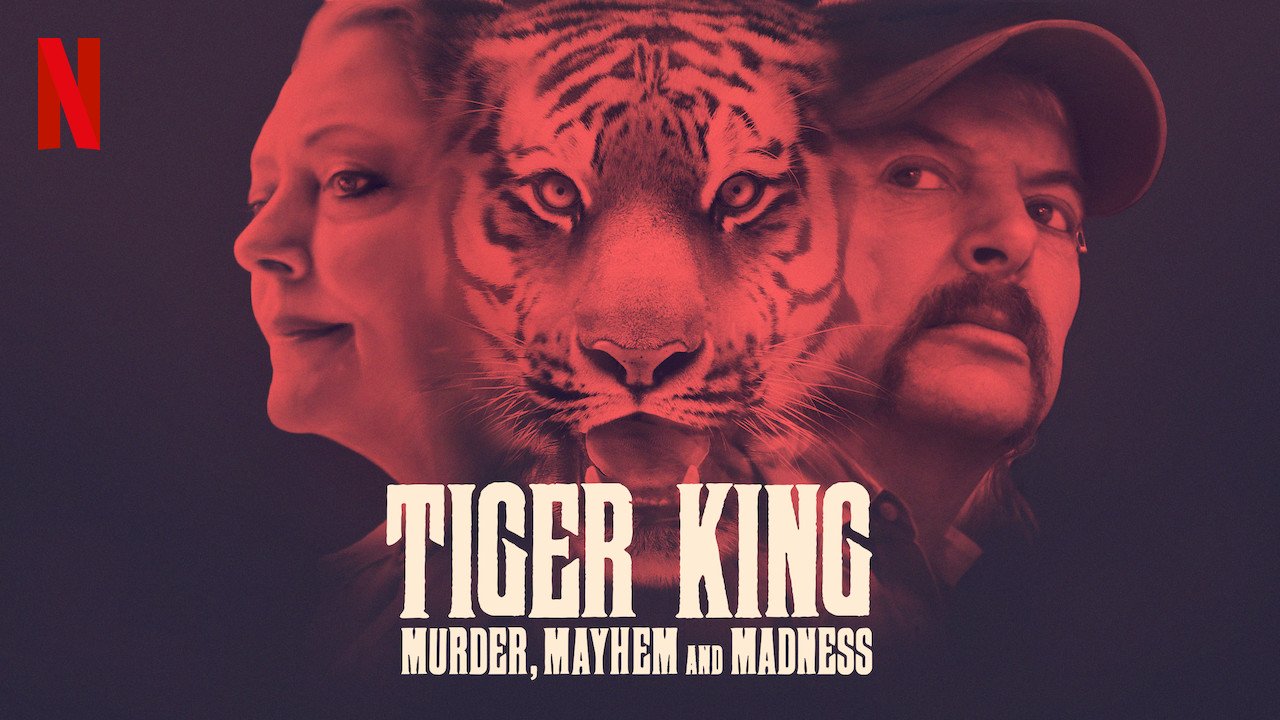
I’ve been reflecting on things that we consume; not just physical but also digital. From social apps to binge watching TV shows, everything is designed to capture our attention. Whether it’s the emergence of Tiger King on Netflix or swiping up on TikTok videos. They all serve the same purpose; to keep us engaged and hooked. It’s the epitome of junk food (in a digital sense).
The way we think about the food that we eat, how many hours we sleep and people that we surround ourselves with; we should put the same level of effort into our digital nutrition.
We’re consuming more information now than ever before. Our mental filters are on overdrive. Most people can have trouble processing trivial from the important. And because information is ubiquitous, our attention becomes scattered which makes it easy to feel overwhelmed.
Where you spend your attention is where you spend your time. And where you spend your time is where you spend your life.
So, take time these next few days to re-center yourself. Be vigilant about where your time and attention get allocated. Try to monitor your digital nutrition and focus on things that create value. To start, peek at your “screen time” on your phone. In order to manage your digital nutrition, you have to measure it. Start adding time limits to how long you can surf certain apps. This is a good place to start.
Second, start adding positive habits to your day that sparks intellectual curiosity and reduces the need for digital junk.
A few things I’d recommend trying:
- 5 min meditation in the morning and 5 min before bed
- This is a simple breathing exercise. Be present. Don’t think too much about the week ahead or the past. Focus on your diaphragm expanding and contracting and be present in your head. Nothing else matters except for this moment of you breathing in and out.
- 5 min journaling every day
- Journaling, like meditation, is powerful. It stabilizes you and becomes a focal point of how you lead your day. Journal tips below.
My current journal habit includes:
- In the morning:
- I write down 3 things I’m grateful for.
- I write down my 3 core objectives of the day. These are my key priorities. I must complete these. They can be personal or work related or both.
- You likely have dozens of tasks or to do list items that you tackle each day. The goal is to not mistake “priorities” from “to do lists.” The two are different. You can still create your to do lists. Just don’t mistake motion for progress.
- At night before bed, I answer these questions:
- What made today great?
- Did I learn something new?
- What could’ve made today better?
- What are 3 things I’m grateful for? It’s often the same thing I wrote down in the morning. And that’s by design. No day is a bad day when you start your day being grateful and end your day being grateful.
Most of us are knowledge workers. And modern day knowledge workers are like athletes. They train hard (practice), play (performance in the arena), and then reflect (watch film) and recover (ice bath, stretching). They’re expected to perform at the highest levels and keep their mind and body sharp. Journaling and meditation is the reflection and recovery for knowledge workers. It helps keep our minds sharp; helps us stay present and minimize the trivial worries.